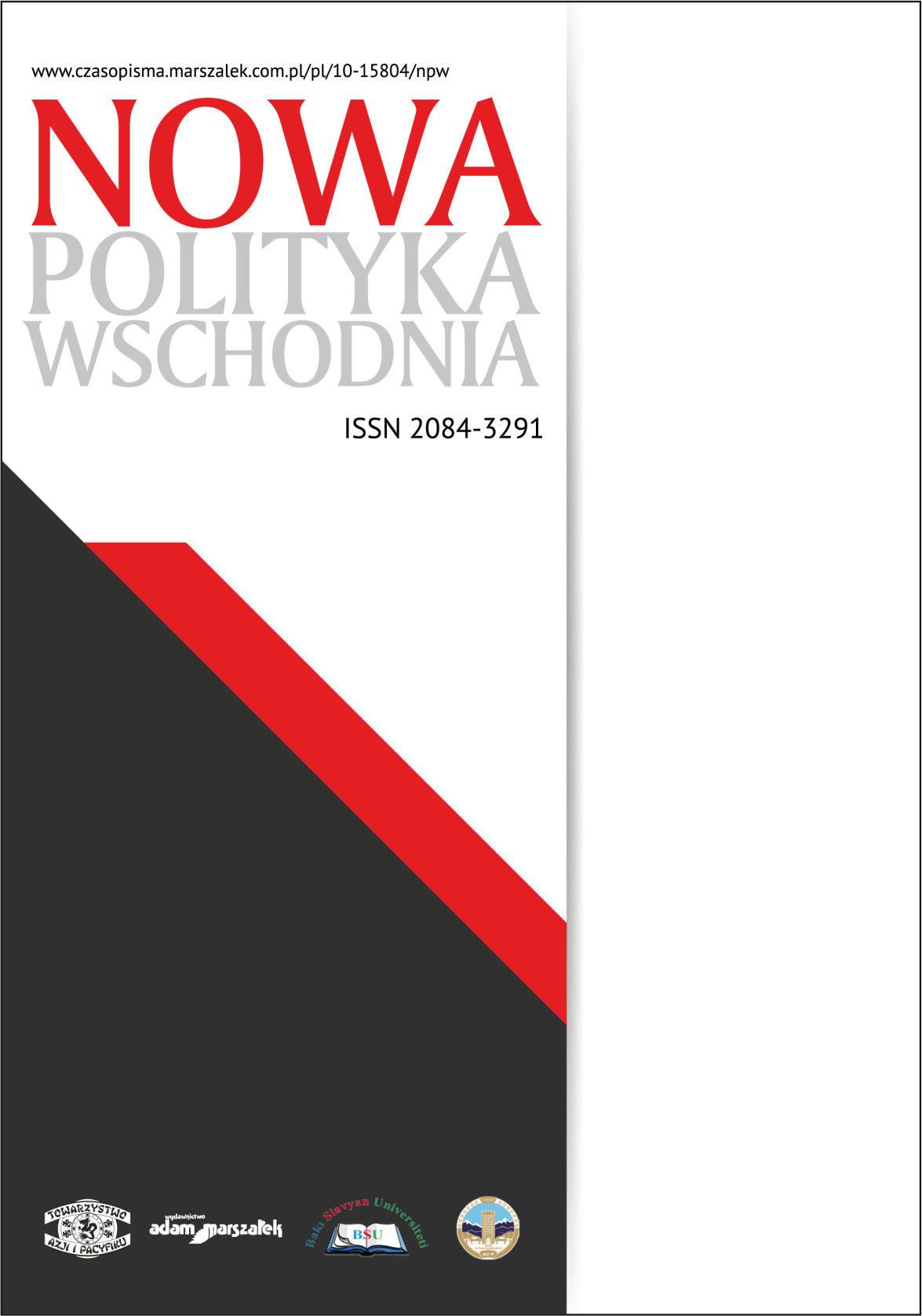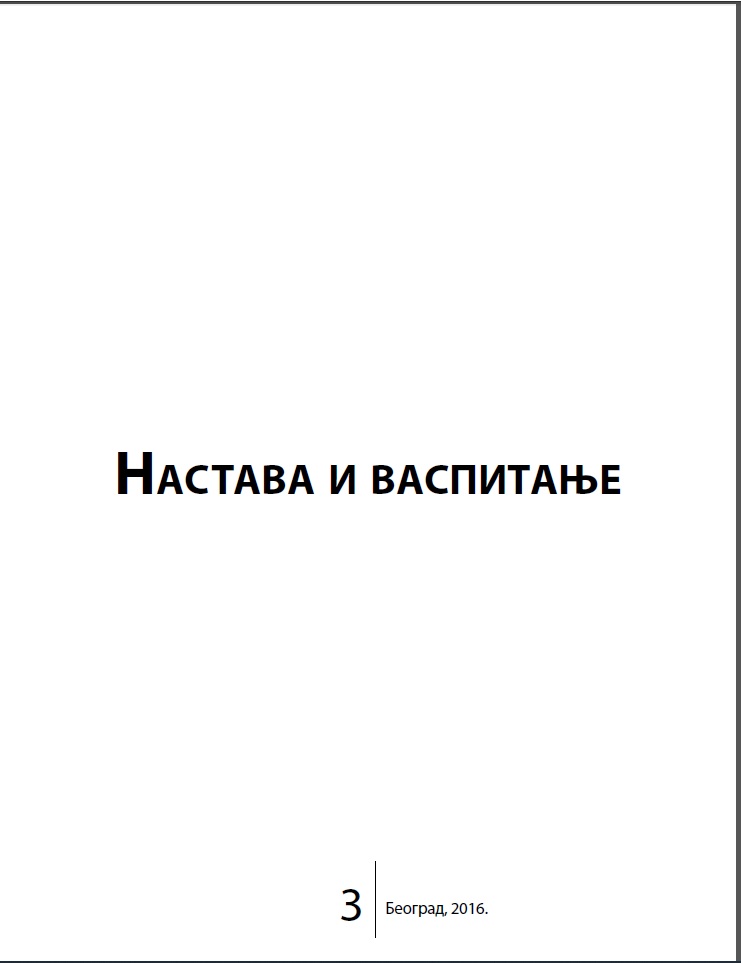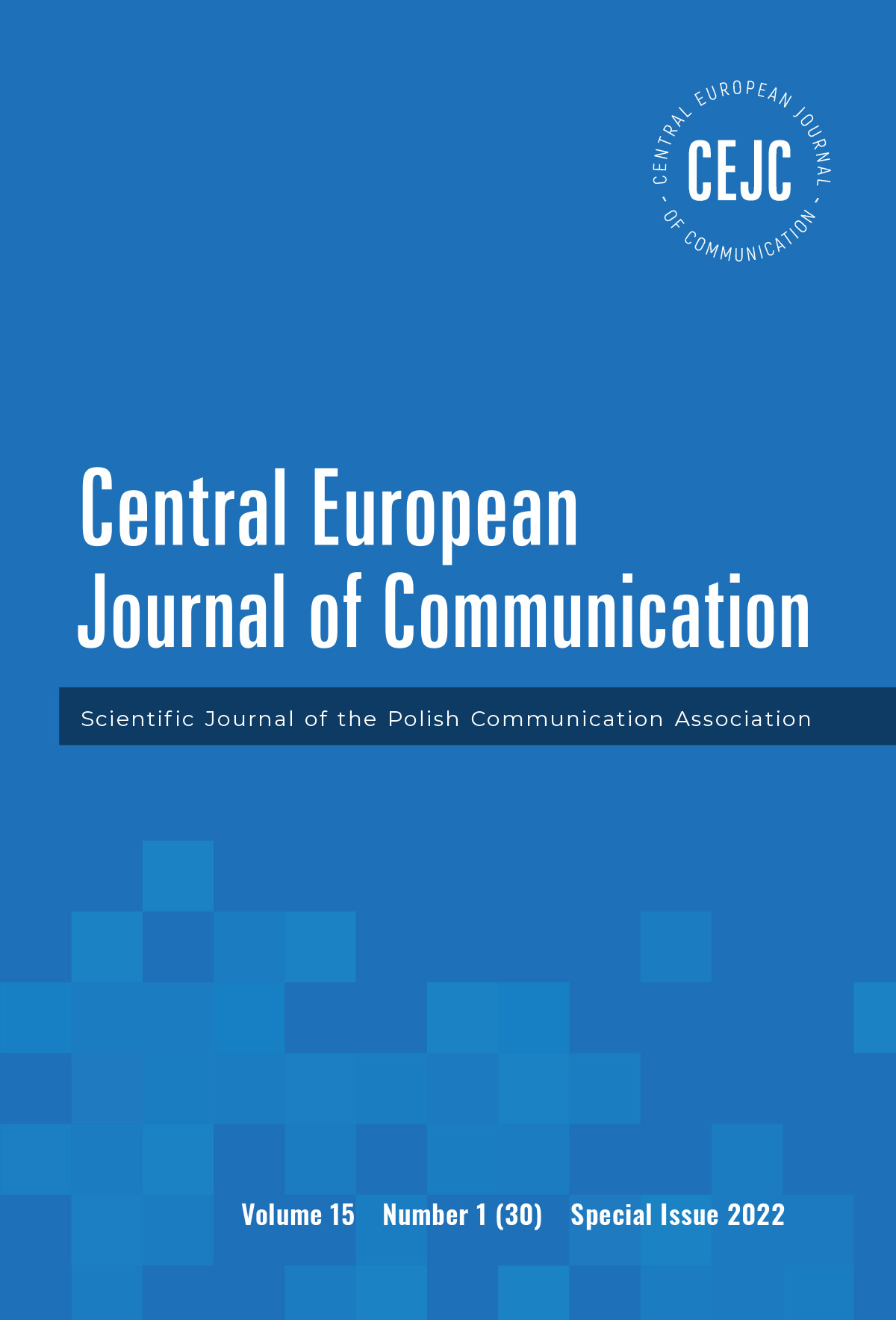AN ANALYSIS ON HOW THE ROMANIAN MEDIA PERCEIVES FOOD WASTE
Food waste is a process that takes place along the food supply chain and is the result of the following actors: institutions, members of the supply chain, and consumers. However, in developed countries, the main contributor to food waste appears to be the consumer (Buzby & Hyman, 2012).
More...


